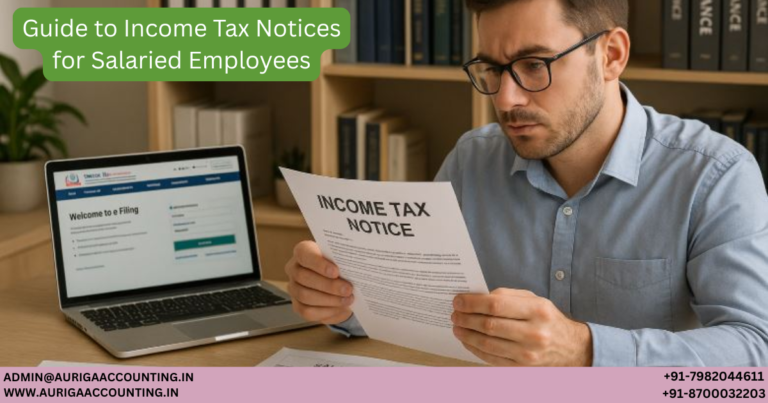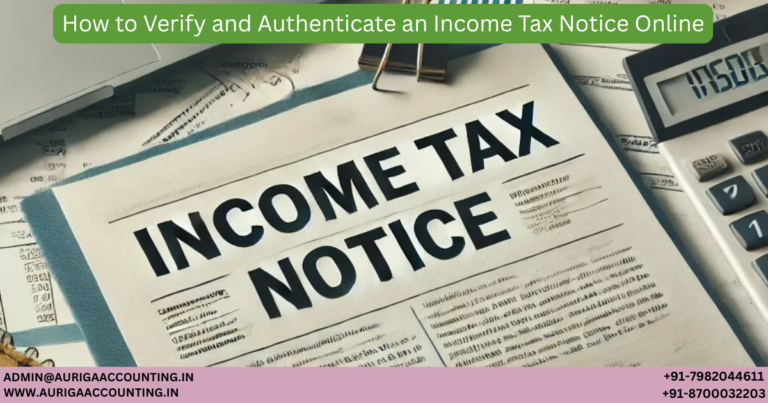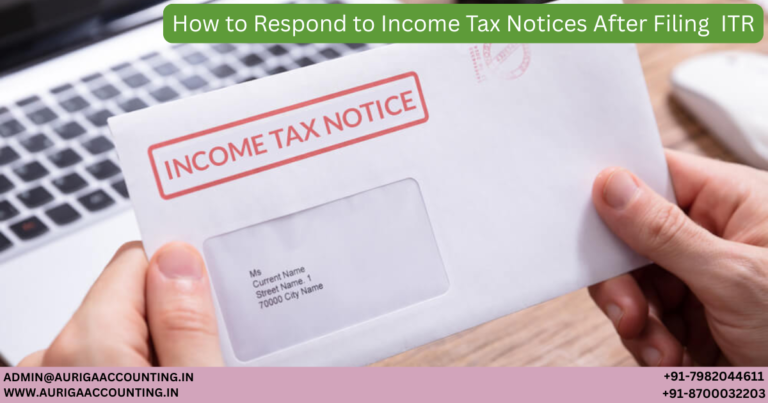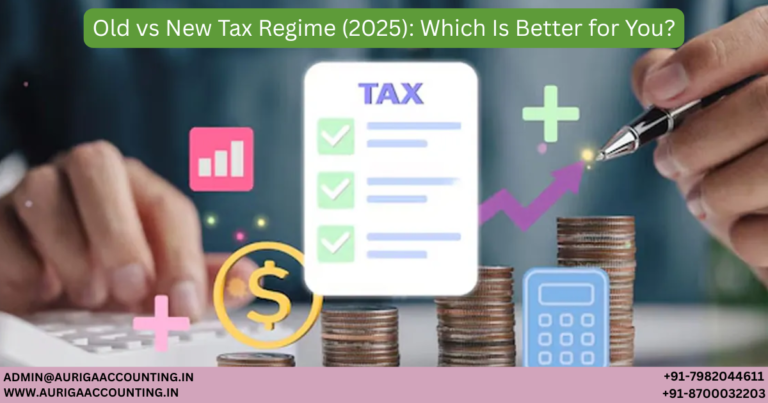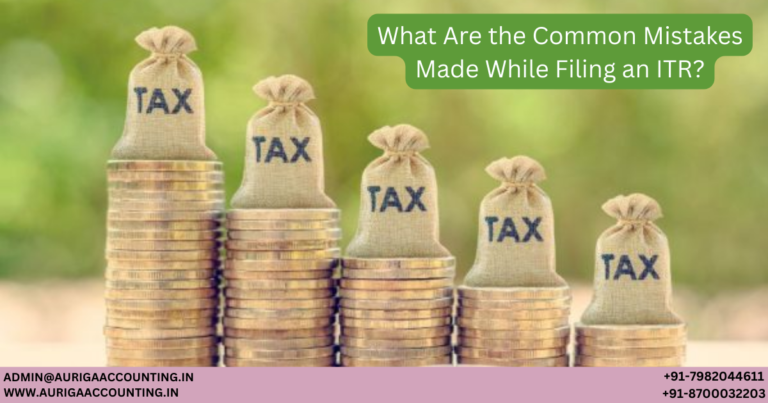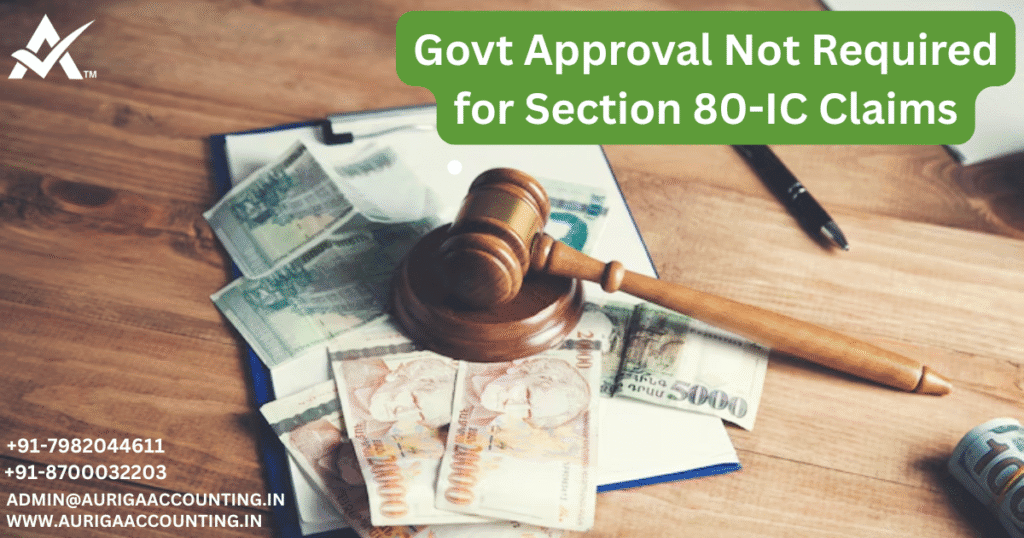
Govt Approval Not Required for Section 80-IC Claims
Introduction
ToggleIn a notable ruling, the Delhi High Court has affirmed that businesses operating in special category states can claim deductions under Section 80-IC of the Income Tax Act without requiring a formal agreement with the government. This decision streamlines access to tax incentives for enterprises in states such as Himachal Pradesh, Uttarakhand, Sikkim, and those in the North-East.
Overview of the Legal Dispute
A private limited company established a manufacturing unit in Himachal Pradesh within the prescribed timeframe and applied for tax deductions under Section 80IC. However, the Income Tax Department denied the claim, citing non-compliance with Rule 18BBB of the Income Tax Rules, 1962, which requires submission of an audit report in Form 10CCB.
The department argued that Form 10CCB mandates proof of approval from local or state authorities. The company challenged this interpretation, contending that while Rule 18BBB applies to multiple sections (80I, 80IA, 80IB, and 80IC), Section 80IC itself does not require government approval. It further argued that the Income Tax Appellate Tribunal (ITAT) mistakenly applied conditions meant for infrastructure projects under Section 80IA to industrial units in special category states.
Key Takeaways for Businesses Claiming Under Section 80IC
No Government Approval Required for Section 80IC
The court clarified that, unlike Section 80IA which applies to infrastructure projects and requires government agreements, Section 80IC does not mandate approval for businesses operating in notified special zones.Limited Scope of Rule 18BBB
Rule 18BBB governs the format of audit reports needed to claim deductions under various sections but explicitly requires government approval only for Section 80IA. Therefore, the ITAT’s application of this rule to Section 80IC was erroneous.No Extra Conditions Beyond the Law
Tax authorities cannot impose additional requirements beyond statutory provisions. Section 80IC grants tax benefits to industries in notified areas without demanding extra government clearances. Compliance with the law alone suffices to claim deductions.Profit Shifting Provisions Not Applicable
The ITAT incorrectly invoked Sections 80IA(8) and (10), which address profit shifting to inflate deductions. The High Court ruled these provisions were irrelevant here, as profit shifting was not an issue raised by the tax authorities
Court Confirms No Government Approval Required for Section 80IC Claims
The court has reinstated the company’s claim for deductions under Section 80IC, confirming that businesses operating in special category states do not need any approval from state or local authorities to avail tax benefits under this provision.
What This Means for Businesses
Simplified Compliance
Businesses in special category states can now claim Section 80IC deductions without securing additional government approvals. They only need to submit Form 10CCB along with their audited financial statements to claim these benefits.
Boost to Investment
By removing bureaucratic barriers, the ruling encourages new enterprises to establish operations in special category states. This supports the government’s goal of fostering industrial growth and economic development in these regions.
Emphasis on Eligibility Over Approvals
Companies must focus on fulfilling the core eligibility criteria under Section 80IC, such as location, industry classification, and timely compliance with filing requirements, rather than seeking external approvals.
What is Section 80IC?
Section 80IC of the Income Tax Act provides tax deductions to undertakings established in specified less-developed states to promote industrial growth. Eligible businesses can claim deductions on profits earned for a defined period. This provision has been effective since the assessment year 2004-05.
States Covered Under Section 80IC:
Sikkim
Himachal Pradesh
Uttarakhand (formerly Uttaranchal)
North Eastern States: Arunachal Pradesh, Assam, Manipur, Meghalaya, Mizoram, Nagaland, Tripura
Conditions to Claim Deduction Under Section 80IC:
1. New Enterprise
The undertaking must be newly established and not a result of splitting, reconstruction, or continuation of an existing business.
Exception: Businesses restarted after discontinuation due to natural calamities or other major disasters (flood, earthquake, riot, etc.) qualify.
2. New Plant and Machinery
The unit must not be formed by transferring old plant and machinery used previously.
Exception: Up to 20% of the total plant and machinery value may be old equipment.
Second-hand imported machines count as new if not previously used in India and no prior depreciation has been claimed.
3. Period of Commencement
The undertaking must begin operations or substantially expand within these timeframes:
Sikkim: 23 Dec 2002 – 31 Mar 2007
Himachal Pradesh or Uttarakhand: 07 Jan 2003 – 31 Mar 2012
North Eastern States: 24 Dec 1997 – 31 Mar 2007
4. Substantial Expansion
Defined as investment in plant and machinery of at least 50% of the book value as of the first day of the previous year in which expansion occurs.
Example: A single investment of 51% qualifies, but two smaller separate investments totaling 51% do not.
5. Audit Report
Accounts must be audited by a Chartered Accountant.
Audit report must be submitted in Form 10CCB with the income tax return.
6. Production of Specified Goods
The type of goods produced depends on location and whether the undertaking is in an industrial zone or not.
Industrial Zones include Export Processing Zones, Software Technology Parks, Industrial Estates, Parks, and similar areas.
Specific goods are listed in various schedules based on the state and zone.
7. Timely Income Tax Return Filing
The assessee must file the income tax return on time and claim the deduction within the return. Late filings do not qualify for deductions.
Tax Deduction Benefits Under Section 80IC:
For Sikkim and North Eastern States:
100% deduction of profits for 10 consecutive years starting from the year the undertaking begins operations or substantial expansion.For Himachal Pradesh and Uttarakhand:
100% deduction for the first 5 years.
25% deduction (30% for companies) for the next 5 years
Who Can Claim This Benefit?
New industrial undertakings
Companies undertaking substantial expansion
Businesses operating in notified industries
Companies submitting the mandatory audit report in Form 10CCB
Steps for Businesses to Claim Section 80IC Benefits
Establish Operations in a Notified Area
Ensure your business is set up in an eligible state within the specified timeframe.Operate in Eligible Industries
Verify that your business falls under the industries notified for Section 80IC benefits.Maintain Accurate Records
Keep comprehensive financial statements and documentation to substantiate your claim.Submit Form 10CCB
File the required audit report prepared by a Chartered Accountant alongside your tax return.Comply with Filing Deadlines
Adhere strictly to the prescribed timelines and other conditions under Section 80IC to ensure eligibility.
Ready to Simplify Your Tax Process?
Manisha
Manisha is a skilled writer who excels at simplifying complex legal concepts into practical, easy-to-understand guidance. Her work empowers entrepreneurs with the insights needed to navigate business laws confidently, helping them launch and manage their ventures successfully
About the Author
Manisha
Manisha is a seasoned content writer with expertise in business registration, tax laws, trademark regulations, and corporate compliance. His well-researched articles offer practical, easy-to-understand guidance, empowering businesses to navigate complex legal and regulatory landscapes with confidence






